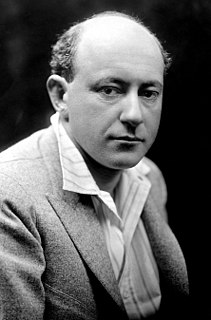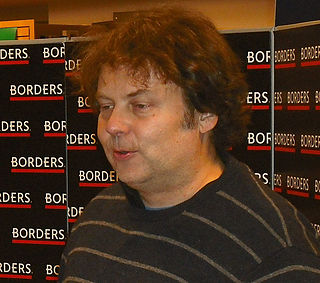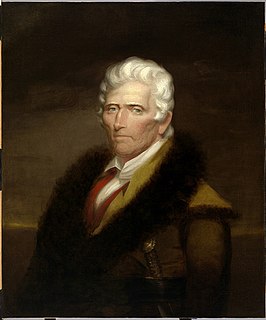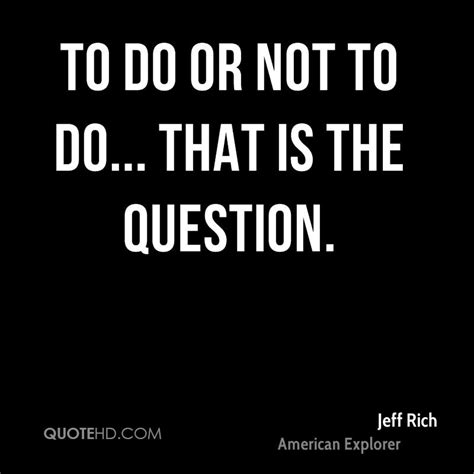A Quote by Davy Crockett
I gave my decisions on the principles of common justice and honesty between man and man, and relied on natural born sense, and not on law, learning to guide me; for I had never read a page in a law book in all my life.
Related Quotes
Man has made 32 million laws since THE COMMANDMENTS were handed down to Moses on Mount Sinai more than three thousand years ago, but he has never improved on God's law. THE TEN COMMANDMENTS are the principles by which man may live with God and man may live with man. They are the expressions of the mind of God for His creatures. They are the charter and guide of human liberty, for there can be no liberty without the law.
Since natural law was thought to be accessible to the ordinary man, the theory invited each juror to inquire for himself whether a particular rule of law was consonant with principles of higher law. This view is reflected in John Adams' statement that it would be an 'absurdity' for jurors to be required to accept the judge's view of the law, 'against their own opinion, judgment, and conscience.'
Jurors have found, again and again, and at critical moments, according to what is their sense of the rational and just. If their sense of justice has gone one way, and the case another, they have found "against the evidence," ... the English common law rests upon a bargain between the Law and the people: The jury box is where the people come into the court: The judge watches them and the people watch back. A jury is the place where the bargain is struck. The jury attends in judgment, not only upon the accused, but also upon the justice and the humanity of the Law.
[T]he rule of law does more than ensure freedom from high-handed action by rulers. It ensures justice between man and man however humble the one and however powerful the other. A man with five dollars in the bank can call to account the corporation with five billion dollars in assets-and the two will be heard as equals before the law.
Broadly speaking, it is my conclusion that a pretty good guide to most issues of natural law is to look at those areas where you find a consensus in the Judeo-Christian tradition. I think that is roughly, not unerringly, the outline of what I would call natural law.There must be some moral values underlying any civilization; that's my guide.
When you have to pass a law to make a man let me have a house, or you have to pass a law to make a man let me go to school, or you have to pass a law to make a man let me walk down the street, you have to enforce that law and you'd have to be living actually in a police state. It would take a police state in this country.
Only a law-order which holds to the primacy of God's law can bring forth true freedom, freedom for justice, truth, and godly life. Freedom as an absolute is simply an assertion of man's "right" to be his own god; this means a radical denial of God's law-order. "Freedom" thus is another name for the claim by man to divinity and autonomy. It means that man becomes his own absolute.








































